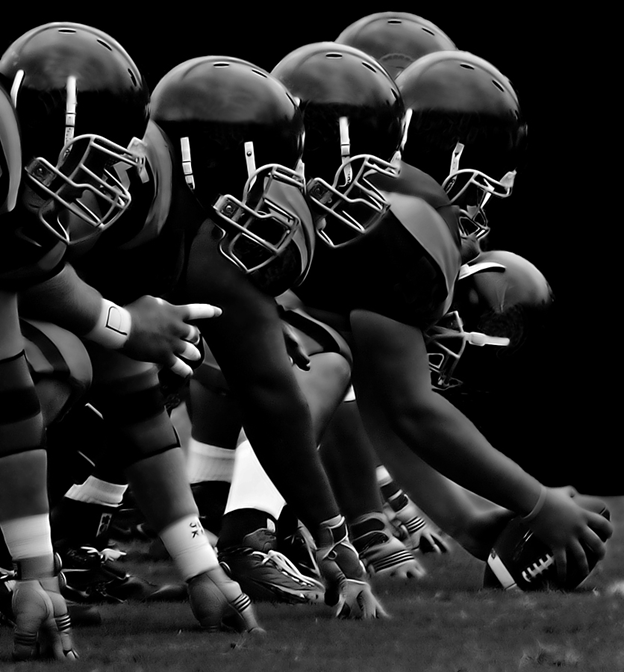
What would a world without Football look like? It’s not just idle speculation – it’s a very real possibility according to Tyler Cowen and Kevin Grier in an article they write for Grantland. Highlights include:
- Popular sports disappear all the time. Baseball, boxing and horse racing were the most popular sports less than a century ago. Now only baseball maintains the same kind of following.
- One scenario that leads to the end of football involves lawsuits over player injuries sustained during play. Insurance companies would refuse to insure players and coaches if this became a common phenomenon. Coaches and referees would become worried about potential liability issues and might choose not to be involved. Parents might withdraw their kids from the team. First the players would leave, then the viewers, and then, finally, the advertizers.
- While the direct economic impact is small – the NFL generates about $10 billion in revenue a year, compared to a national GDP of $15,300 billion – there will be several knock-on effects. Big stadiums would lose value as will industries such as accommodation and food preparation that rely on the audiences the stadiums draw. Since a lot of these stadiums are in rural America, urbanization might increase.
- Human capital would rise. Students would have less distracting them, and people who would’ve become players will turn into doctors and engineers instead. Schools would have to compete on academics rather than sports, causing educational levels to rise.
To see why basketball and football players from third world countries would benefit the most, as well as what sports will administrators do, and other interesting tidbits in a very well written and easily comprehensible article, click here.
Source: Grantland
Via: Marginal Revolution


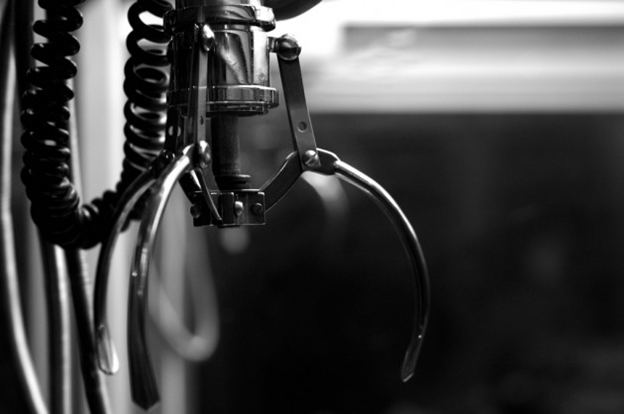


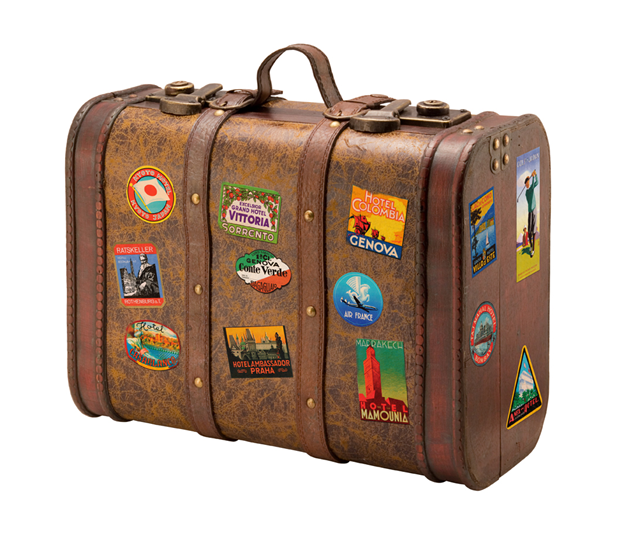

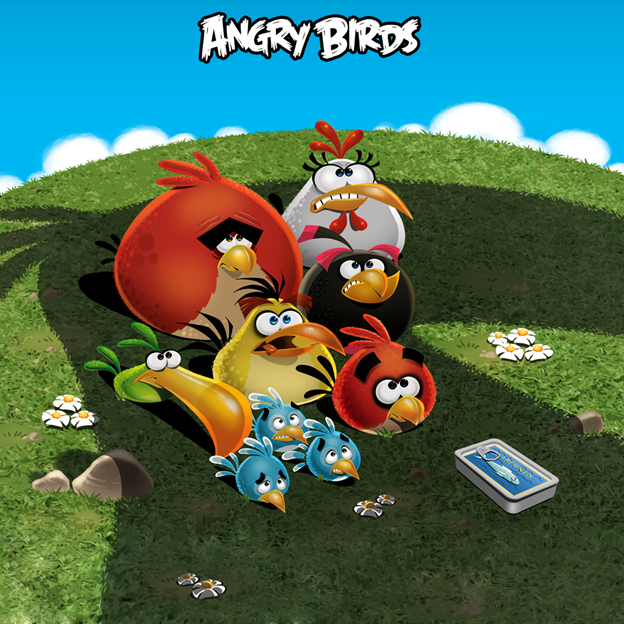
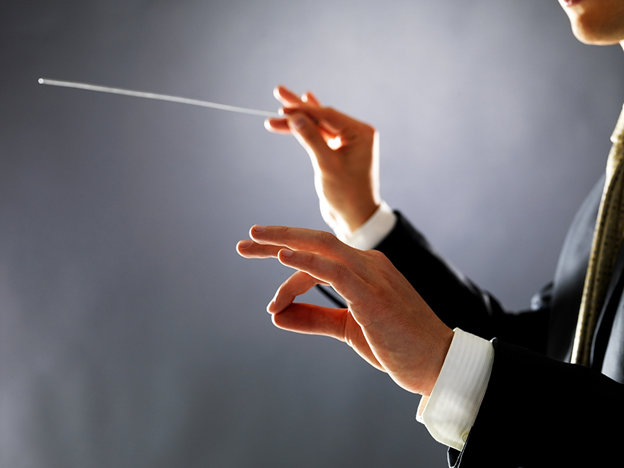
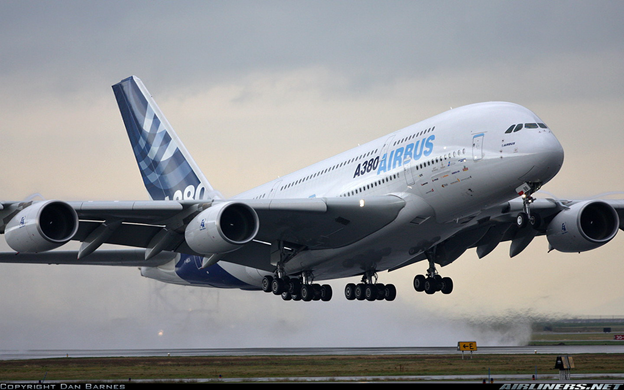
Join the Discussion! (No Signup Required)